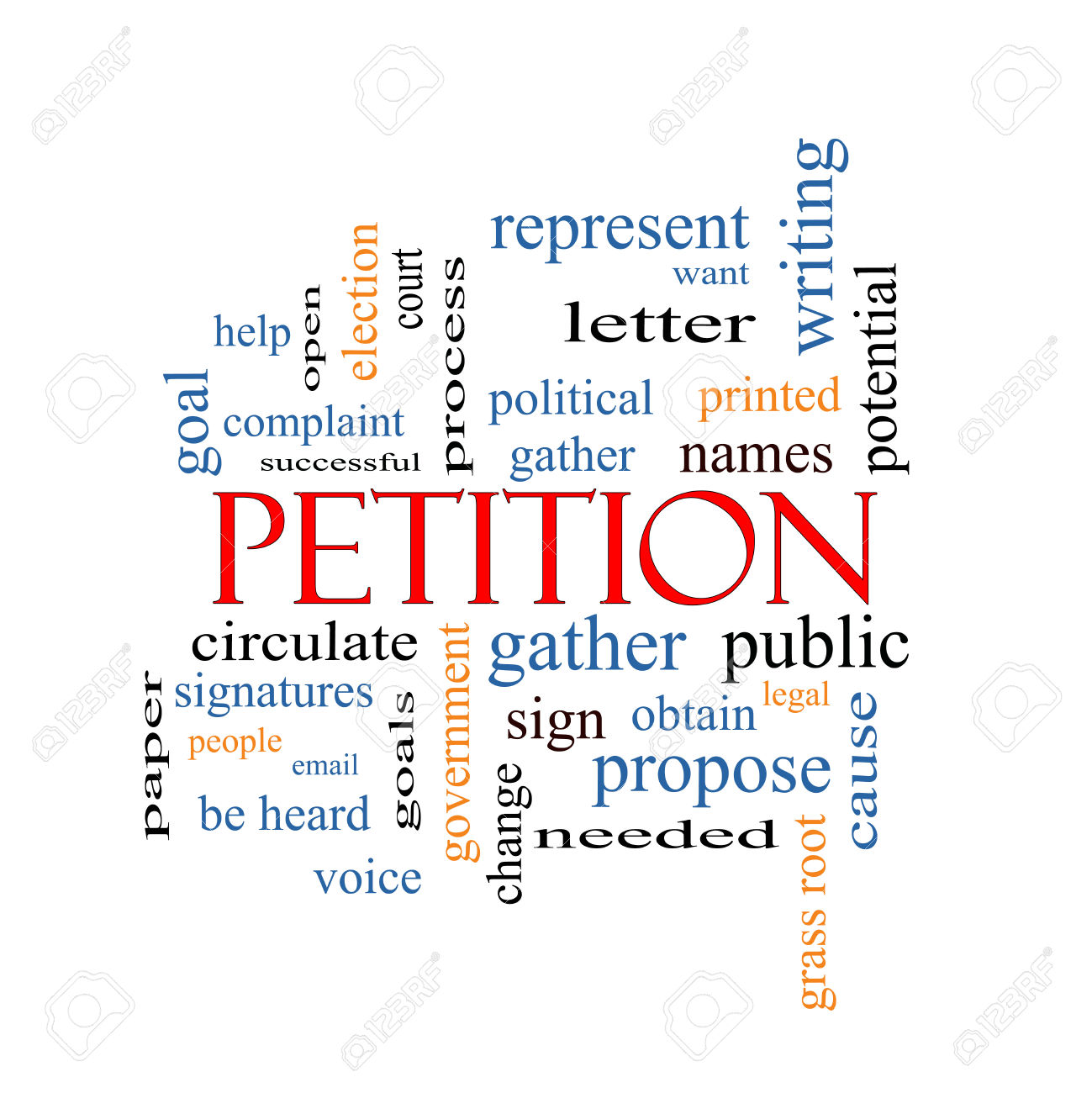This week an article was posted to the Topeka Capital-Journal website concerning a program the Topeka Police Department has requesting citizens with behavioral health issues to voluntarily enroll in “Premise Alert.” The goal of Premise Alert is so responding officers will know ahead of time that there is an individual in potential mental health crisis, allowing officers to “make more informed decisions” because they know they are encountering a peer.
The goal is honorable. Safe, positive encounters between peers and police is what all of us want. However, I’m not pleased with programs like Premise Alert because I feel officers should be trained to deal with unique crisis situations and NOT an assumed predetermined threat. Education. I’ll say it again and again.
Following is my response to the article.
—–
Topeka police encourage those with behavioral health issues to enroll in Premise Alert program
http://cjonline.com/news/local/2017-04-02/topeka-police-encourage-those-behavioral-health-issues-enroll-premise-alert
—–
I am president of DBSA Albuquerque (Depression and Bipolar Support Alliance based in Chicago, Illinois) and sit on the Mental Health Response Advisory Committee, the DOJ mandated committee of community stakeholders who volunteer their time to help the Albuquerque Police Department develop better skills in engaging peers in crisis.
Our chapter collaborates closely with APD, including the 40 hour Crisis Intervention Training that was once a voluntary additional training and is now required of all APD officers. Peer involvement in creating those solutions that will protect both peers and police in crisis situations is key to successful, positive outcomes.
Many times, the topic of voluntary peer enrollment in a program such as this has been brought up at behavioral health meetings, and every time the concept meets with nearly instantaneous resistance to outright moral outage from peers. As one peer from our focus groups said last year, “Do they expect me to volunteer for a Tag & Release program?”
As an individual managing the symptoms of bipolar, anxiety, and PTSD, my reaction to this concept is also more than hesitant. The reason I share this is because often foreknowledge of a person’s behavioral health history can unduly affect a first responder’s attitude and readiness in a crisis situation. It may even have the exact opposite effect, something I can attest to personally. In one encounter with APD, officers focused entirely on asking if I was dangerous and not what help I needed.
Beyond the practical considerations of crisis response, there is a larger, more far-reaching concern among peers that has to do with the archiving and use of any database generated from an enrollment program. Let me share one example.
Say we have a peer who deals with alcohol misuse and schizophrenia (a condition the DSM V defines as co-occurring). Alcohol misuse exacerbates this individual’s schizoid symptoms to where police involvement is regularly required. However, when not misusing alcohol, this individual functions well and does not generate the type of crisis intervention needs.
Let’s say this individual voluntarily enrolls, under the auspices of “protecting all involved.” The idea doesn’t seem too horrible. Who doesn’t want to be safe?
Now, let’s consider this scenario:
A neighbor calls to report this individual’s yard is messy and the individual isn’t being cooperative in cleaning his yard. In fact, there was a heated argument over this to where the neighbor calls for the police.
The police arrive, already aware this individual has a prior co-occurring crisis history with police. There was an argument and police are dispatched “ready” for a situation where the individual.MIGHT be in crisis.
There are a few truths to consider:
1.) This individual is not symptomatic and in crisis.
2.) Neighbors get into yelling matches from time to time.
3.) They have been neighbors for 20 years.
4.) This individual experienced several crisis calls with police, and his neighbor witnessed this.
5.) The individual is 12 years sober.
6.) This happened to a friend of mine.
Granted, there was no enrollment program, and the foreknowledge provided police is from the neighbor of 20 years. But there was no crisis and responding officers treated my friend as if he was in the throes of co-occurring crisis. My friend is 12 years sober and only was a safety issue when drinking.
This illustrates striking concerns. How far does the enrollment record go back? How do you get yourself off the list once enrolled? What kind of information is collected and is this information guaranteed confidential? After all, the police are not medical providers and aren’t bound by mandates like HIPAA.
There are so many possible and real scenarios that all ultimately speak to one thing:
People with behavioral health issues are more than their symptoms and do enjoy significant recovery.
I’m not a sum total of my bipolar, anxiety, and PTSD symptoms. I don’t say “I’m bipolar.” If I’m trotting out self-proclaimed identities I’d go with I’m a father, I’m a son, I’m a geologist, I’m a boyfriend, I’m a peer advocate, and I’m a really great left defender on my soccer team. Enrollment in a program like this places symptoms I manage with exercise, medication, therapy, peer support groups, and personal responsibility above who I truly am. It’s too easy to mistake having foreknowledge as being forewarned.
The real, sustainable solution is education. Officer preparation doesn’t come from a list, it comes from training officers with the skills necessary to help peers help themselves to make good decisions. A single peer’s crises are not the same thing every time. Every potential crisis situation involves a unique individual under unique circumstances. Education is the key to being well-prepared. Crisis intervention training allows for officer safety, peer safety, and deescalation through a spirit of collaboration rather than predestined community peacekeeping.
Reprinted with kind permission from Steve’s Thoughtcrimes.
Originally published April 5, 2017.
